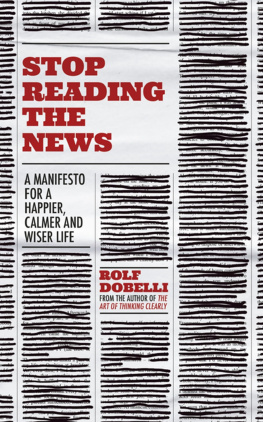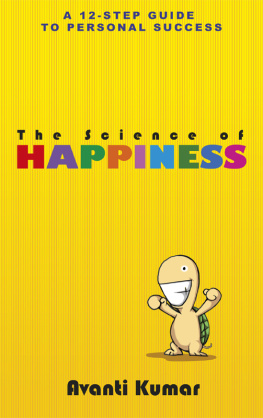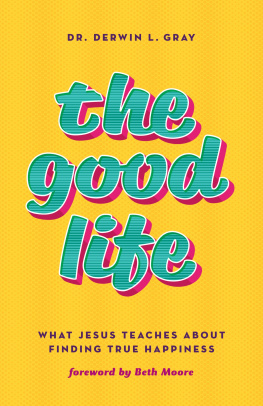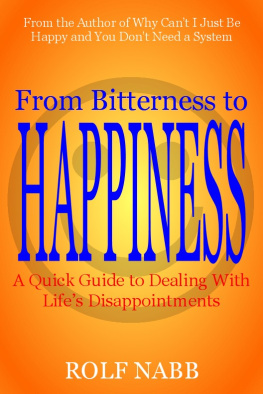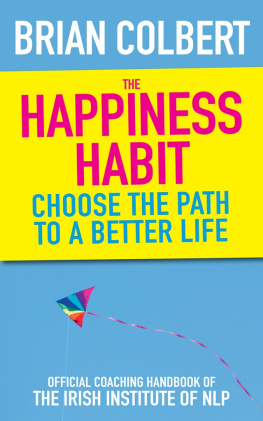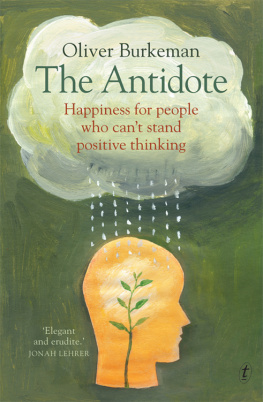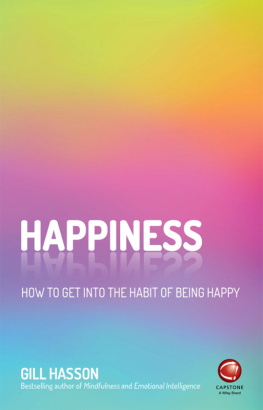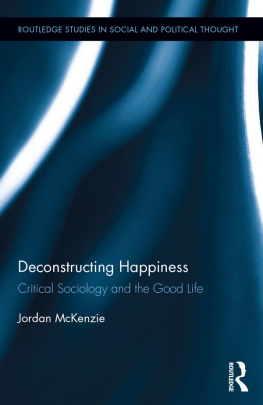Cover copyright 2017 by Hachette Book Group, Inc.
Hachette Book Group supports the right to free expression and the value of copyright. The purpose of copyright is to encourage writers and artists to produce the creative works that enrich our culture.
The scanning, uploading, and distribution of this book without permission is a theft of the authors intellectual property. If you would like permission to use material from the book (other than for review purposes), please contact permissions@hbgusa.com. Thank you for your support of the authors rights.
First U.S. Edition: November 2017
Hachette Books is a division of Hachette Book Group, Inc. The Hachette Books name and logo are trademarks of Hachette Book Group, Inc.
The publisher is not responsible for websites (or their content) that are not owned by the publisher.
The Hachette Speakers Bureau provides a wide range of authors for speaking events. To find out more, go to www.hachettespeakersbureau.com or call (866) 376-6591.
Since antiquityin other words, for at least 2,500 years, but probably much longerpeople have been asking themselves what it means to live a good life . How should I live? What constitutes a good life ? Whats the role of fate? Whats the role of money? Is leading a good life a question of mindset, of adopting a particular attitude, or is it more about reaching concrete life goals? Is it better to actively seek happiness or to avoid unhappiness?
Each generation poses these questions anew, and somehow the answers are always fundamentally disappointing. Why? Because were constantly searching for a single principle, a single tenet, a single rule. Yet this holy grail of the good life doesnt exist.
Over the past few decades, a silent revolution has taken place within various fields of thought. In science, politics, economics, medicine and many other areas, scholars have come to realize that the world is far too complicated to summarize in one big idea or handful of principles. We need a mental toolkit with a range of tools in order to understand the world, but we also need one for practical living.
Over the past two hundred years, we have created a world we no longer understand intuitively. This means that entrepreneurs, investors, managers, doctors, journalists, artists, scientists, politicians and people like you and I will inevitably stumble our way through life unless we have a sound box of mental tools and models to fall back on.
You might also call this collection of methods and attitudes an operating system for life, but I prefer the old-fashioned toolkit metaphor. Either way, the point is that these tools are more important than factual knowledge. They are more important than money, more important than relationships and more important than intelligence.
A few years ago I began assembling my own collection of mental tools designed to build a good life . In doing so I drew on a wealth of half-forgotten tools from classical antiquity, as well as on cutting-edge psychological research. You could even describe this book as classical life philosophy for the twenty-first century.
Ive been using these tools in my daily life for years, and theyve helped me cope with many challenges, great and small. Because my life has improved in almost every respect (my thinning hair and laughter lines have made me no less happy), I can recommend them to you with a clear conscience: these fifty-two intellectual tools may not guarantee you a good life , but theyll give you a fighting chance.
How to Turn a Loss into a Win
I should have known. Shortly before the motorway exit in Bern, theres a gray speed camera that lies in wait for unwary drivers. Its been there for years. No idea what I was thinking. The flash jolted me out of my reverie, and a quick glance at the speedometer confirmed my fears: I was going at least 10 mph too fast, and there was no other car for far and wide, nobody else I could pin the flash on.
The next day in Zurich, I watched from a distance as a police officer tucked a ticket underneath the windscreen wiper of my car. Yes, I was parked illegally. The car park was full, I was in a rush, and finding a legal parking space in central Zurich is like finding a deckchair in the Antarctic. For a moment I considered running over. I pictured myself standing in front of the officer, gasping for breath, hair disheveled, trying to make him understand my dilemma. But I let it go: years of experience have taught me that such things only make you feel silly. You look small, and you end up losing sleep.
Parking tickets used to infuriate me. These days I pay them with a smile. I just debit the sum from the account Ive earmarked for donations. Each year I set aside 10,000 francs for good causes, and I pay all my fines out of that. In the world of psychology, this simple trick is known as mental accounting. I borrowed it from Richard Thaler, one of the founding fathers of behavioral economics. Mental accounting is considered a classic logical fallacy. People treat money differently depending on where its coming from, so if you find money on the street, you treat it more casually and spend it more quickly and more frivolously than money youve actually earned. The parking-ticket example illustrates how you can turn this logical fallacy to your advantage. Youre deliberately tricking yourselffor the sake of your own peace of mind.
Say youre traveling in an impoverished country, and your wallet disappears. Minutes later you find it again, and all thats missing is the cash. Do you see this as theft, or as a donation to somebody whos probably far worse off than you are? No amount of mental gymnastics will alter the fact that your money was stolen, but the significance of what happened, the interpretation of the event that you can influence.
Living a good life has a lot to do with interpreting facts in a constructive way. I always mentally add 50 percent to prices in shops and restaurants. Thats the amount this pair of shoes or sole la meunire will actually cost metaking income tax into account. If a glass of wine costs 10 dollars, Ill have to earn 15 in order to afford it. For me, thats good mentalaccounting , because it helps me keep my expenditure in check.
I prefer to pay for hotels in advance. That way I wont spoil a romantic weekend in Paris by being confronted with the bill at the end. The Nobel Laureate Daniel Kahneman calls this the peakend rule: you remember the high point and the end point of your holiday, but the rest is forgotten. Well take a closer look at this effect in . If the end of the trip is a big fat bill, presented to you like marching orders by a snooty French receptionist and complete with mysterious extras he has probably added on purpose (to punish you for not speaking accent-less French), your memory of the romantic getaway will be forever tarnished. Precommitment, they call it in psychology: pay first, consume later. Its a form of mental accounting that takes the sting out of payment.
I pay taxes with equal nonchalance. After all, I cant upturn the taxation system single-handed. So I compare what I get in return for my money in the lovely city of Bern with cities like Kuwait, Riyadh, the jam-packed concrete wasteland of Monaco or the surface of the moonall places without income tax. Conclusion? Id rather stay in Bern. People who move to ugly cities for tax reasons make themselves seem petty and stubbornnot exactly solid bedrock for a


